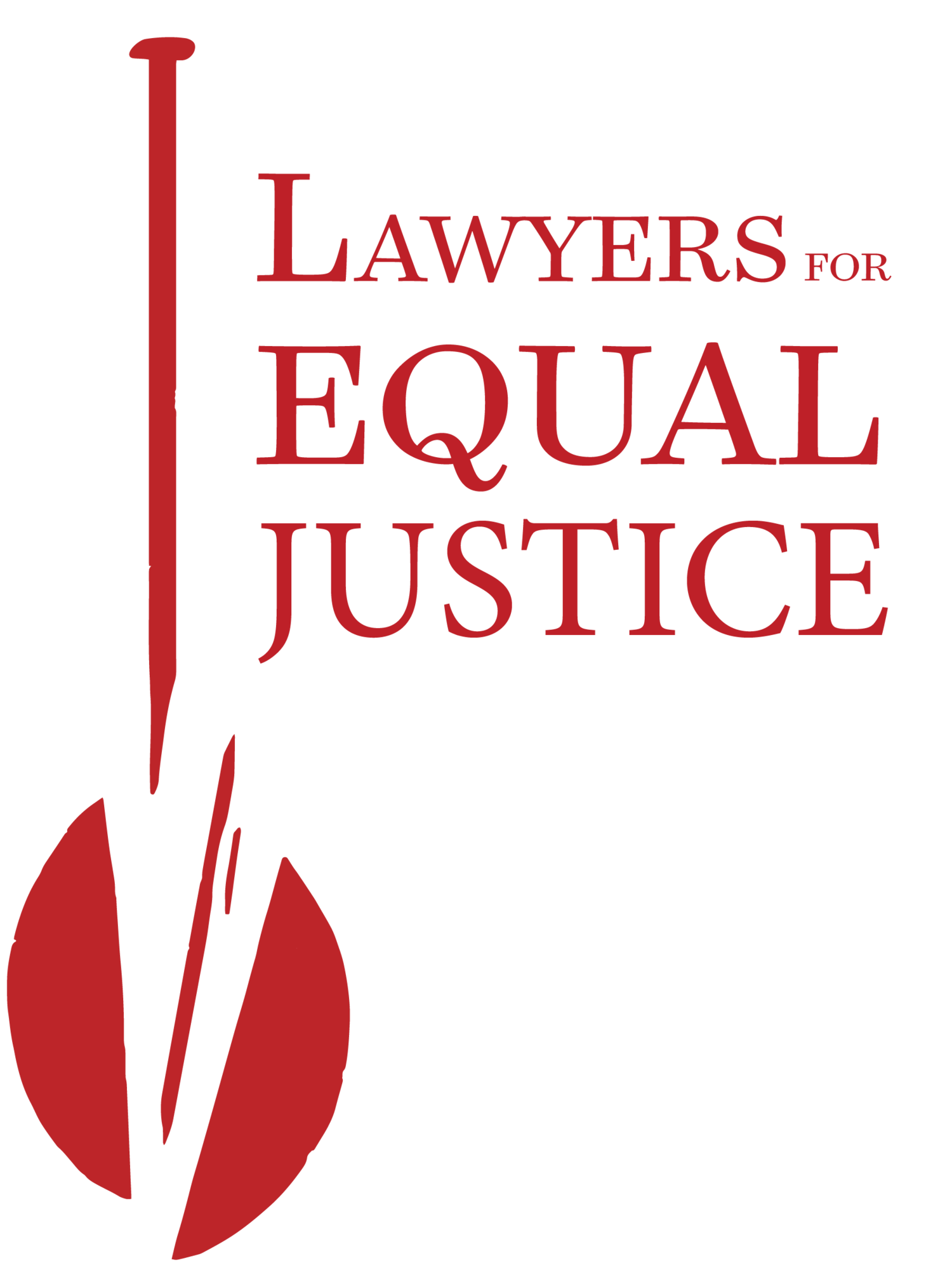Preserving Affordable Housing in West Maui
2018–2020
Healthy, safe, affordable housing is the foundation for a successful life. Yet, in Hawaiʻi, it is increasingly hard to come by. Housing prices here have skyrocketed due to the lack of supply sufficient to satisfy demand. This problem is exacerbated by the loss of existing affordable housing when projects that were built using public money are converted to market-rate units. In 2018, Lawyers for Equal Justice (LEJ) took action to preserve a segment of Hawaiʻi’s existing affordable housing stock, and to ensure that developers that benefit from public investments keep their commitments regarding the affordability of their projects.
Background on the Need for Affordable Housing
Hawaiʻi’s housing costs are among the highest in the nation. At the same time, we have the lowest wages when adjusted for cost of living. This has resulted in the highest rate of chronic homelessness and of overcrowding in the country. Nearly half of Hawaiʻi’s tenants live in housing that is, by definition, unaffordable: they are forced to spend more than 35 percent of household income on their monthly gross rent. And the problem is getting worse. For every two units needed to satisfy increases in demand, only one is being built. Housing costs are increasing at more than twice the rate of increases in wages. Hawaiʻi cannot afford to lose its existing affordable housing stock.
The Preservation of Front Street Apartments
Front Street Apartments is a 142-unit affordable housing complex in Lahaina, Maui, that was built using more than $20 million in public money and benefits. In exchange for the public investment, the owner of the property—Front Street Affordable Housing Partners (FSA)—agreed to keep the complex affordable for a period of 51 years. But FSA attempted to get out from under their affordability commitments decades earlier than agreed upon. If permitted to go forward, the conversion to market rate would have almost certainly resulted in the loss of housing for most of Front Street’s residents, while increasing the value of the complex for the owner by up to $44 million.
There are more than 300 low-income tenants living at the complex. Many of the tenants are senior citizens or people with disabilities who are living on fixed incomes. To be eligible to live in an affordable unit at Front Street Apartments, a one-member household would need to make less than $39,660 a year. Many households at Front Street make less than $15,000 annually. Monthly rents for a one-bedroom unit at the complex are capped at between $885 and $1,062 depending on the income of the tenant. If a conversion were to occur, rents would likely more than double. Given the crisis in the availability of affordable housing in the state, and on Maui in particular, it would be impossible for most Front Street tenants to find alternative housing. Many would be faced with the prospect of becoming homeless.
To build the complex, FSA was provided with $15.6 million in Low Income Housing Tax Credits and over $5 million in benefits from Maui county, which included property tax exemptions and waivers of building requirements, in 2001. In return, FSA promised to maintain the affordable rents at the apartments for 51 years—a promise which was memorialized in a restrictive covenant on the property:
Although the covenant clearly states that FSA may only get out from the restrictions early in the case of a looming foreclosure, FSA planned to increase rents to market rates on all Front Street tenants starting in 2019, more than 30 years early.
FSA stood to make tens of millions of dollars had the early conversion to market rents been permitted. FSA claimed it is entitled to be released from the affordability commitment using a special process that provides an exception to the rules that typically govern Low Income Housing Tax Credit projects like Front Street Apartments.
Under the process, FSA asserted that the property was worth only $8.4 million in 2015. FSA then provided an opportunity for the State of Hawaiʻi to purchase (or find a purchaser for) the property at a price of $15.4 million—nearly twice the purported value of the property. FSA later contended that the opportunity to purchase the property for $15.4 million had expired, and that the property is therefore worth up to $52 million based on the claim that the complex no longer is bound by the affordability requirements, allowing rents to be raised to market rates.
The issue also involves the Hawaiʻi Housing Finance and Development Corporation (HHDFC)—the state agency which oversees the Low-Income Housing Tax Credit program that governs Front Street Apartments. LEJ also challenged HHFDC’s failure to comply with applicable legal requirements relating to the conversion process, including improperly entering into a release of the restrictive covenant without legal authority and without public notice or consent from the tenants, who are entitled to enforce the covenant.
Tuttle et al v. Front Street Affordable Housing Partners et al ↓
Court Documents
- June 8, 2018 – Notice of removal
- October 19, 2018 – Motion for summary judgment on claims 1 through 3
- October 19, 2018 – Joint statement of stipulated facts in support of the parties’ cross-motions for summary judgment
- October 19, 2018 – Plaintiff’s concise statement of material facts in support of their motion for summary judgment on claims 1 through 3
- August 12, 2020 – Order granting the motions for Front Street tenants
In the News ↓
“Tenants at Lahaina Front Street Apartments celebrate federal court win to keep rent affordable until 2051“ Maui Now, August 16, 2020
Kehaulani Cerizo, “Judge decides Front Street housing must stay affordable,“ The Maui News, August 14, 2020
Catherine Cruz, “HPR: Lahaina Affordable Housing,“ Hawaiʻi Public Radio, July 17, 2018
Press Releases ↓
“Maui tenants welcome federal court decision preserving low-income housing,“ Lawyers for Equal Justice, Hogan Lovells US LLP, Lance Collins, August 13, 2020


